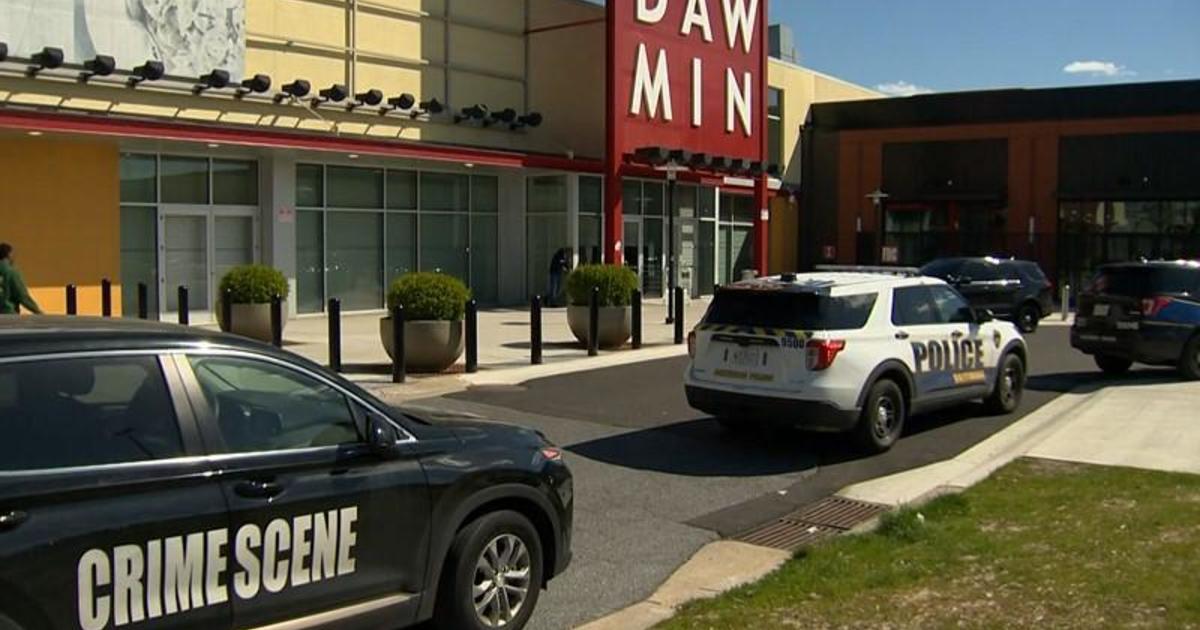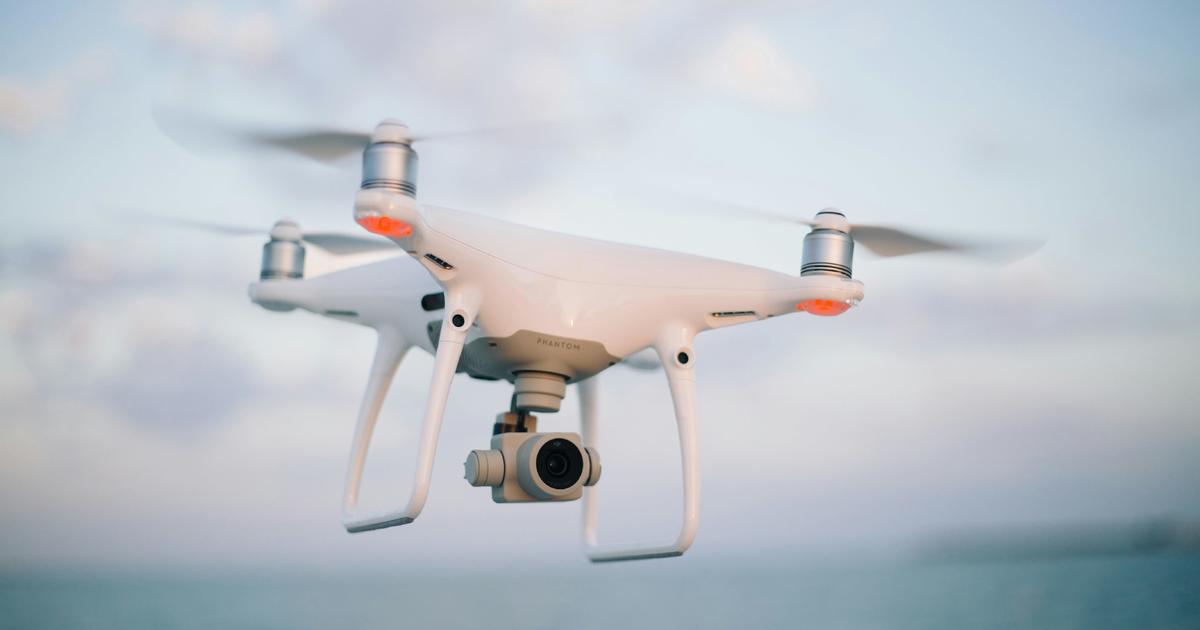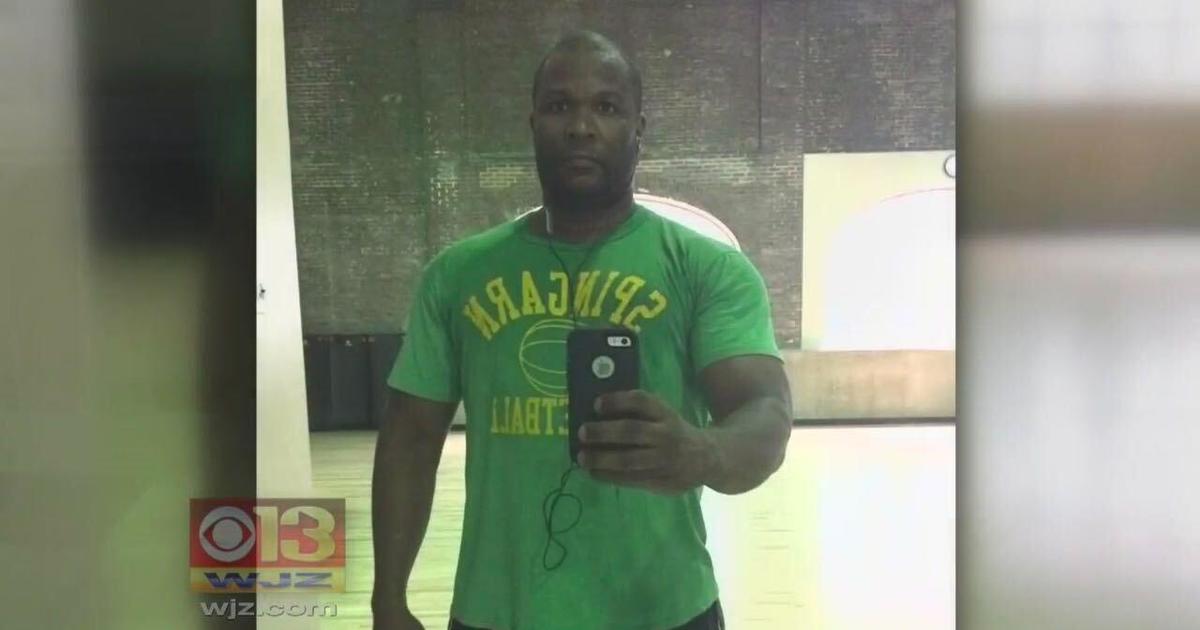Police Kit Could Save Lives By Stopping Blood Lost Until Medics Arrive
BALTIMORE (WJZ)— Every year in America, between 100 and 150 police officers die in the line of duty-- most from gunshots.
Now, as Mike Schuh reports, a small patch kit could save lives.
If you wear the badge, you know you're a target. Gunshot wounds are the most likely cause of a line-of-duty death.
At Stevenson University, former city top cop Fred Bealefeld is championing this: a kit that fits in an officer's pocket.
It could be the most important day in the lives of police officers.
"Our objective is to keep them alive for 5 or 6 minutes," Bealefeld said.
Inside the kit is a tourniquet, sticky plastic and military grade blood clotting agents.
Gunshots mean massive blood loss.
On the scene before an ambulance arrives, a cop can treat himself, his partner or a civilian.
"Shock Trauma talks about the golden hour. These are golden minutes, golden minutes. When the bullets are still flying, how can we do something to keep that officer still alive?" Bealefeld said.
Bealefeld asked pioneering trauma surgeon Thomas Scalea to train 200 officers in the use of these kits.
Officers who will tell you, if they're shot, they want Scalea working on them.
Bealefeld says cops rarely applaud, but they showed respect for Scalea—in perhaps the first standing ovation at a training course.
"It will save lives," Scalea said of the kit. "There's no question about that."
In fact, the manufacturer says these have saved six officers so far.
It's all based on the simple principle: stop the bleeding so the professionals can save the life.
"Turn the tourniquet and stop the bleeding, so you can self administer. You can and that's the purpose of the training," said Denise Seigart, RN, Stevenson University.
"This is great! This is health care out into the field. This is what we do," Scalea said.
"Cops shouldn't have to improvise," Bealefeld said. "They shouldn't have to take their shoelaces off or belts off. They should have equipment in their pockets to save their own lives."
Those kits cost $80 apiece. They, and the cost of the seminar, were picked up by a grant from a police foundation.



